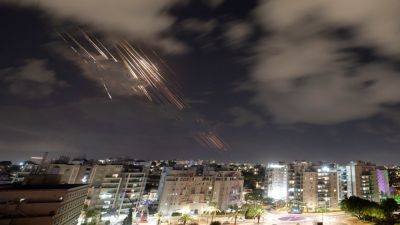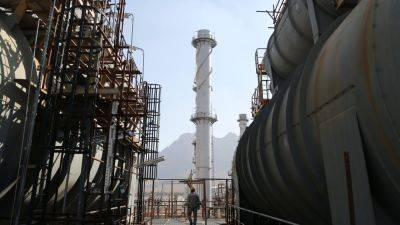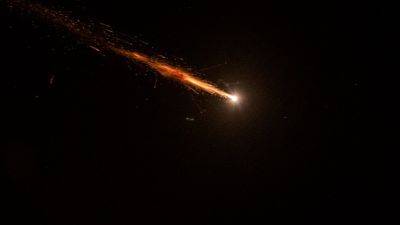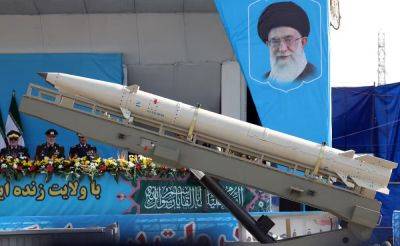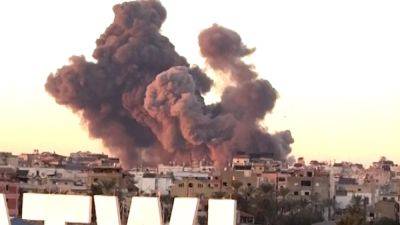Iran strikes on Israel raise risk of a global war
Iran fired at least 180 ballistic missiles at Israel on October 1, 2024, amplifying tensions in the Middle East that are increasingly marked by “escalation after escalation,” as United Nations Secretary-General Antonio Guterres put it.
Iran’s attacks – which Israel largely deterred with its Iron Dome missile defense system, along with help from nearby US naval destroyers – followed Israel’s killing of Hassan Nasrallah, the longtime leader of the Tehran-backed Lebanese militant group Hezbollah, on September 27.
Hezbollah has been sending rockets into northern Israel since the start of the Gaza war, which began after Hamas and other militants invaded Israel on October 7, 2023, and killed nearly 1,200 people. Hezbollah’s rocket attacks have displaced around 70,000 people from their homes in northern Israel.
The Conversation US spoke with counterterrorism expert Javed Ali to better understand the complex history and dynamics that are fueling the intensifying conflict in the Middle East.
How much more dangerous has the Middle East become in recent weeks?
The Middle East is in much more volatile situation than it was even a year ago. This conflict has expanded far outside of fighting primarily between Israel and Hamas.
Now, Israel and Hezbollah have a conflict that has developed over the past year that appears more dangerous than the Israel-Hamas one. This involves the use of Israeli special operations units, which have operated clandestinely in Lebanon in small groups since November 2023.
In addition, Israel has been accused by Hezbollah of conducting unconventional warfare operations – like the exploding walkie-talkies and pagers – and launched hundreds of air and missile strikes in Lebanon over the past few weeks.
The


